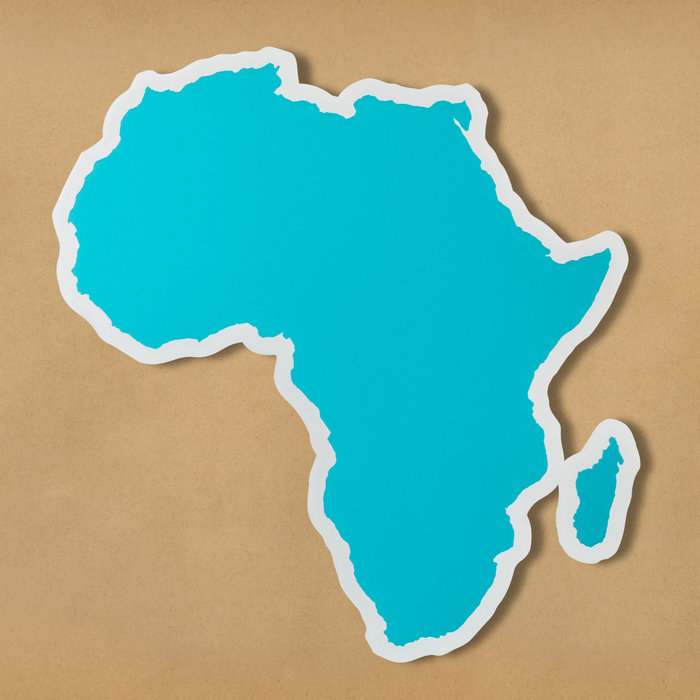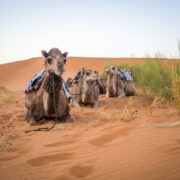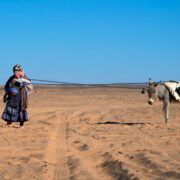
Dispelling Common Misconceptions About Africa
Africa, the world’s second-largest and second-most populous continent, is often subject to various misconceptions and stereotypes. These misconceptions can hinder understanding and appreciation of the continent’s rich diversity, cultures, and opportunities. By debunking these myths, we can foster a more accurate and nuanced understanding of Africa. Let’s explore and dispel some of the common misconceptions about this diverse and vibrant continent.
- Misconception: Africa is a Country
- Fact: Africa is a continent consisting of 54 recognized countries, each with its own distinct culture, language, and history.
- Explanation: Referring to Africa as a single entity overlooks its vast size and diversity. Each country in Africa has its own unique characteristics, from the bustling cities of Nigeria to the stunning landscapes of Kenya and the rich cultural heritage of Morocco.
- Misconception: Africa is Unsafe and Dangerous
- Fact: While some regions in Africa face security challenges, many parts of the continent are safe for travelers.
- Explanation: Africa is a diverse continent with varying levels of safety and security. Just like any other destination, travelers should research their destinations, follow local advice, and take common-sense precautions to ensure a safe and enjoyable experience.
- Misconception: Africa is Underdeveloped and Impoverished
- Fact: Africa is a continent of contrasts, with both developed urban centers and rural areas facing development challenges.
- Explanation: While poverty and underdevelopment exist in some parts of Africa, it is not representative of the entire continent. Many African countries have experienced rapid economic growth and development in recent years, with thriving industries, modern infrastructure, and a growing middle class.
- Misconception: Africa is a Desert with Wildlife Roaming Everywhere
- Fact: Africa is home to a diverse range of ecosystems, including savannahs, rainforests, deserts, and coastal areas.
- Explanation: While iconic wildlife such as lions, elephants, and giraffes are found in certain regions like the Serengeti and Maasai Mara, Africa’s biodiversity extends far beyond these areas. The continent is also home to lush rainforests, vibrant coral reefs, and towering mountains, offering a rich tapestry of natural beauty.
- Misconception: Africans Speak a Single Language
- Fact: Africa is linguistically diverse, with over 2,000 languages spoken across the continent.
- Explanation: While certain languages such as Swahili, Arabic, and French are widely spoken in specific regions, Africa’s linguistic landscape is incredibly diverse. Local languages and dialects vary widely from country to country and even within regions, reflecting the continent’s rich cultural heritage.
Dispelling common misconceptions about Africa is essential for promoting a more accurate understanding of this diverse and vibrant continent. By recognizing Africa’s cultural richness, economic diversity, and natural beauty, we can celebrate its achievements and potential while challenging stereotypes and fostering greater appreciation for its people and cultures. Let’s embrace the complexity and diversity of Africa and strive for a more nuanced and informed perspective.
Recent Posts
Comprehensive Guide – Essential Steps to Prepare for Traveling to Africa
Experiencing the Magic of Morocco – Top Activities and Attractions
Experiencing the Vibrant Charms of Ghana – A Traveler’s Guide to Unforgettable Adventures
All Categories

Thailand




